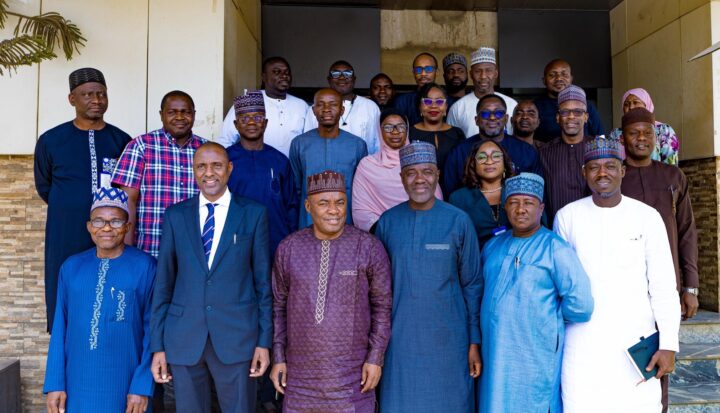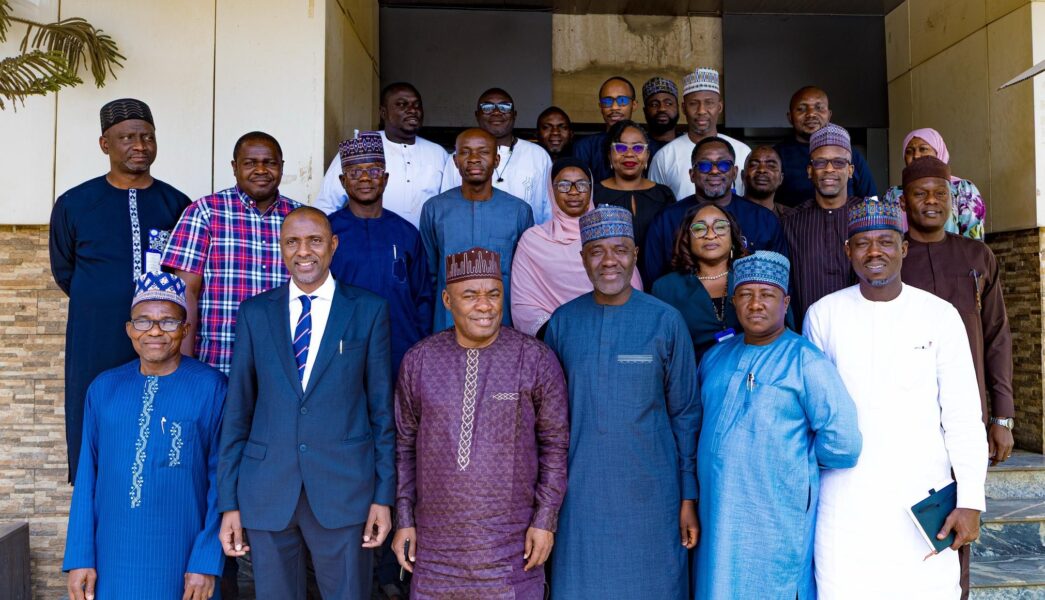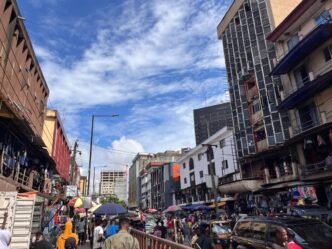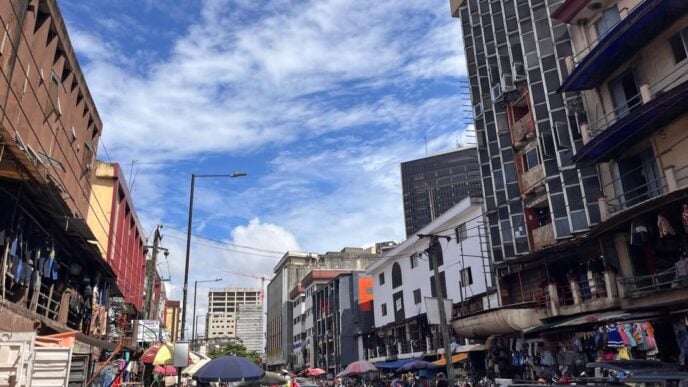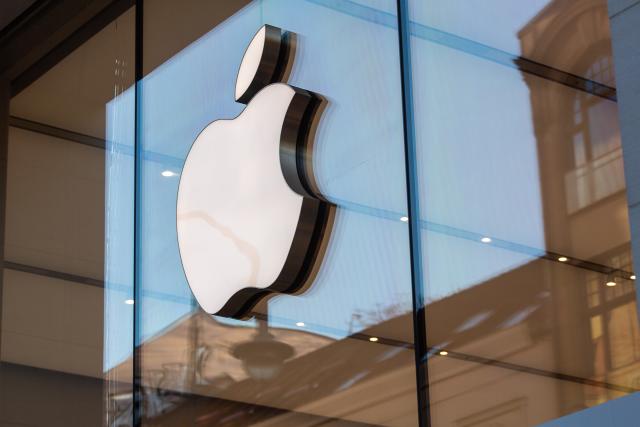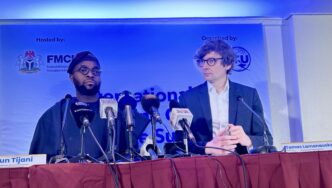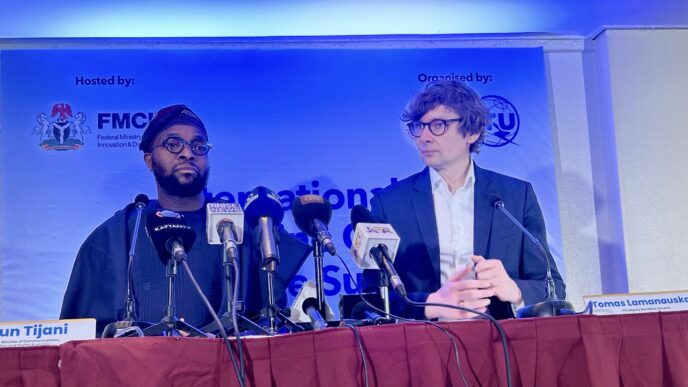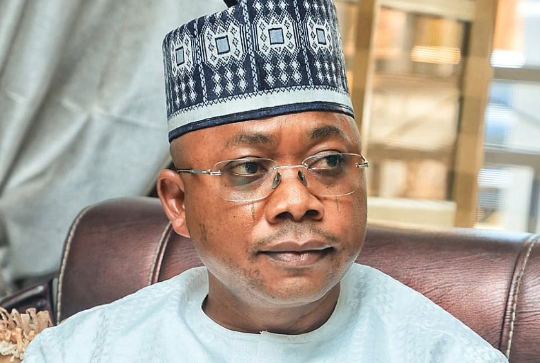The federal ministry of works and the federal ministry of communications, innovation, and digital economy have established a joint standing committee on the protection of fibre optic cables in Nigeria.
In a statement on Monday, Reuben Muoka, director of public affairs at the Nigerian Communications Commission (NCC), said the move would address the persistent issue of fibre optic cuts and damages caused by road construction and rehabilitation activities.
Muoka said the disruptions have significantly impacted telecommunications services across the country, hence the need for the committee.
He said the panel was inaugurated on February 18 by Olufunso Adebiyi, permanent secretary, and Farouk Yusuf, his counterpart at the ministry of communications, innovation, and digital economy.
Advertisement
According to the statement, the event was attended by Aminu Maida, NCC’s executive vice-chairman (EVC) and chief executive officer.
“The committee is comprised of key staff from the two ministries and the NCC,” the statement reads.
“The main assignment of the joint Standing Committee is to establish and maintain clear communication/co-ordination channels between the two ministries and the NCC in order to limit and prevent damage to Telecommunications Fiber Optic cables during road constructions or rehabilitation activities.”
Advertisement
Speaking at the inauguration, Adebiyi instructed the committee to develop strategies to reduce damage to fibre optic cables caused by road construction, maintenance work, and vandalism — “which have led to significant service disruptions nationwide”.
The permanent secretary said the committee will serve as a coordinating body for all issues pertaining to the protection of fibre optic cables, before, during, and after the completion of road constructions or maintenance activities.
He added that it would meet regularly to identify challenges, agree on industry-wide solutions, set standard engagement processes, and share monthly performance reports.
“They are also expected to develop an instant communication mechanism to facilitate prompt communication and dissemination of information amongst all stakeholders,” he said.
Advertisement
“The committee will work closely with all Federal Controllers of Works (FCW) to give attention to the task of protecting this sensitive infrastructure during the planning and implementation stages of projects across the roads in the country, while aligning with the telecom operators on all ongoing and future projects.”
In his remarks, Yusuf emphasised the critical role of fibre optic cables in Nigeria’s economy, describing fibre networks as the foundation of the country’s digital infrastructure.
He noted that the networks facilitate the smooth delivery of both fixed and mobile broadband services, which are essential for nationwide connectivity, economic development, and technological advancement.
‘WE EXPERIENCED OVER 50,000 FIBRE CUTS ACROSS NIGERIA IN 2024’
Advertisement
Also speaking, the NCC EVC said the committee’s efforts could significantly reduce service disruptions in Nigeria’s telecommunications sector.
“Last year, we experienced over 50,000 fibre cuts incidents across the country of which around 30,000 were attributed to Federal and State Road construction activities. In the extreme, some of these incidents had led to major network outages like the February 2024 nationwide MTN network outage,” Maida was quoted as saying.
Advertisement
He said the major factor behind the rising number of fibre cuts caused by road construction is the lack of an efficient coordination system between construction companies and fibre infrastructure operators.
“I am optimistic that the work of this Committee will lead to a significant reduction in fiber cuts attributed to road construction which would then reduce network outages, avoid unnecessary expenditure on repair works and reduce the need to put redundant routes in place to serve as alternatives whenever there are outages due to fiber cuts,” he said.
Advertisement
“This initiative is not just for the benefit of the telecommunications industry but for all Nigerians.”
Maida said each fibre cut disrupts consumer services, forcing the industry to spend heavily on backup measures.
Advertisement
By preventing the disruptions, the NCC boss said operators can allocate resources to expand networks and improve infrastructure.
Add a comment
